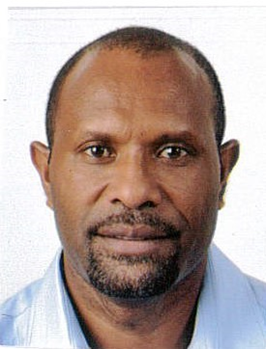Montag, 22. Mai 2023, 18.30h
Vortrag von Pierre Metsan, Ministry of Education and Training, Vanuatu
Ort: HS A, HS A, Institut für Kultur- und Sozialanthropologie, NIG, Universitätsstraße 7, 1010 Wien
The elaboration of a culturally and locally based curriculum has been undertaken in many indigenous societies around the world as part of the decolonization process. The Melanesian archipelago of Vanuatu located in the southwestern part of the Pacific Ocean has the highest rate of vernacular languages in the world per capita. It increasingly recognizes the value of traditional knowledge and practices by integrating them into the reformed national curriculum. The latter promotes modern ways of communication alongside traditional forms such as dances, masks, costumes and body painting, drumming and sand drawing.
This paper will focus on the use of cultural practices to enhance student’s performance in mathematics. I will discuss the implementation and the assessment of an experiment on sand drawing carried out with secondary school students in Port Vila, the capital of Vanuatu. Sand drawing practices have been first documented by the British anthropologist Arthur Bernard Deacon in the 1920s. They consist of drawing a continuous line with the finger, either in the sand or on dusty ground, mostly through the framework of a grid made of perpendicular lines. The main research question of this paper is to ask whether regular practices of sand drawing in classroom can increase secondary school students’ academic skills in mathematics. First results of the assessment in five schools in Port Vila will be presented and discussed.
Pierre METSAN, originally from Malekula Island in Vanuatu, is a former secondary school principal. He currently works as the Principal Education Officer for the Higher Education Department at the Ministry of Education and Training (MOET) in Vanuatu. His research in the frame of a PhD at the University of New Caledonia focuses on education and ethnomathematics.
